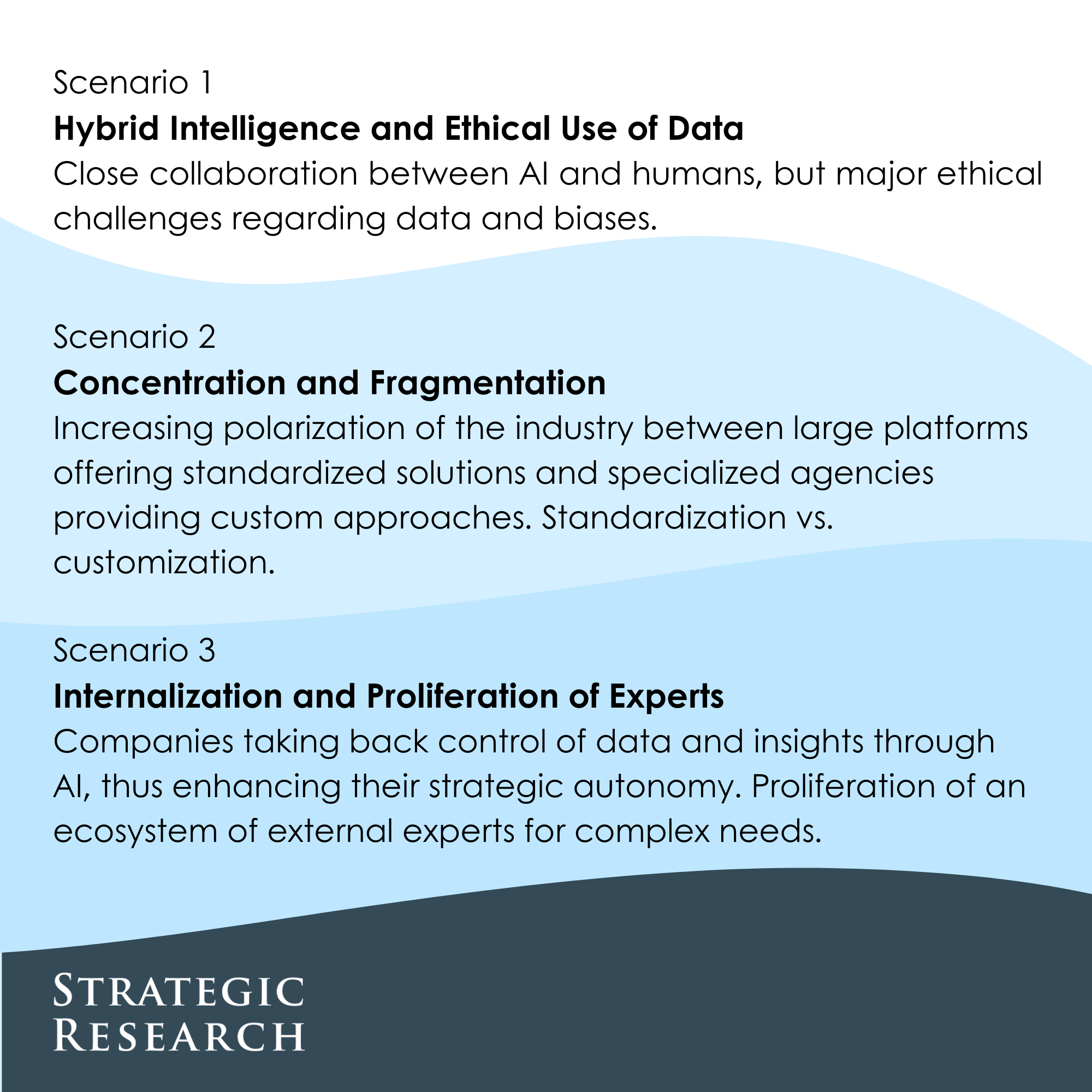Consumer behaviour may be influenced by a host of neurobiological factors that science is just beginning to understand.
The rise of neuromarketing has already begun to provide companies and researchers with greater insight into consumer behaviour than consumers themselves were capable of giving. Neuromarketing tools such as facial affective recognition, eye tracking and fMRI technology can illuminate the neurobiological responses that may underlie people’s likes and dislikes. Going straight to the source, i.e. the nervous system activity during moments of thinking and decision making, often lets us see beyond the conscious rationales, biases, second-guessing and omissions that crop up in consumer survey responses.
Where Is Consumer Research Going Next? https://t.co/imfmg5Qr62 pic.twitter.com/W3Ctln2zq1
— STRATEGIC RESEARCH (@Strat_Research) 7 avril 2018
A video that tackles the many ways writing survey questions can go wrong, and the steps you can take to avoid these pitfalls.
Writing clear and neutral survey questions is much more difficult than it might seem. Our new #Methods101 video explains why. pic.twitter.com/ynqvPj2b4v
— Pew Research Center (@pewresearch) 5 avril 2018



